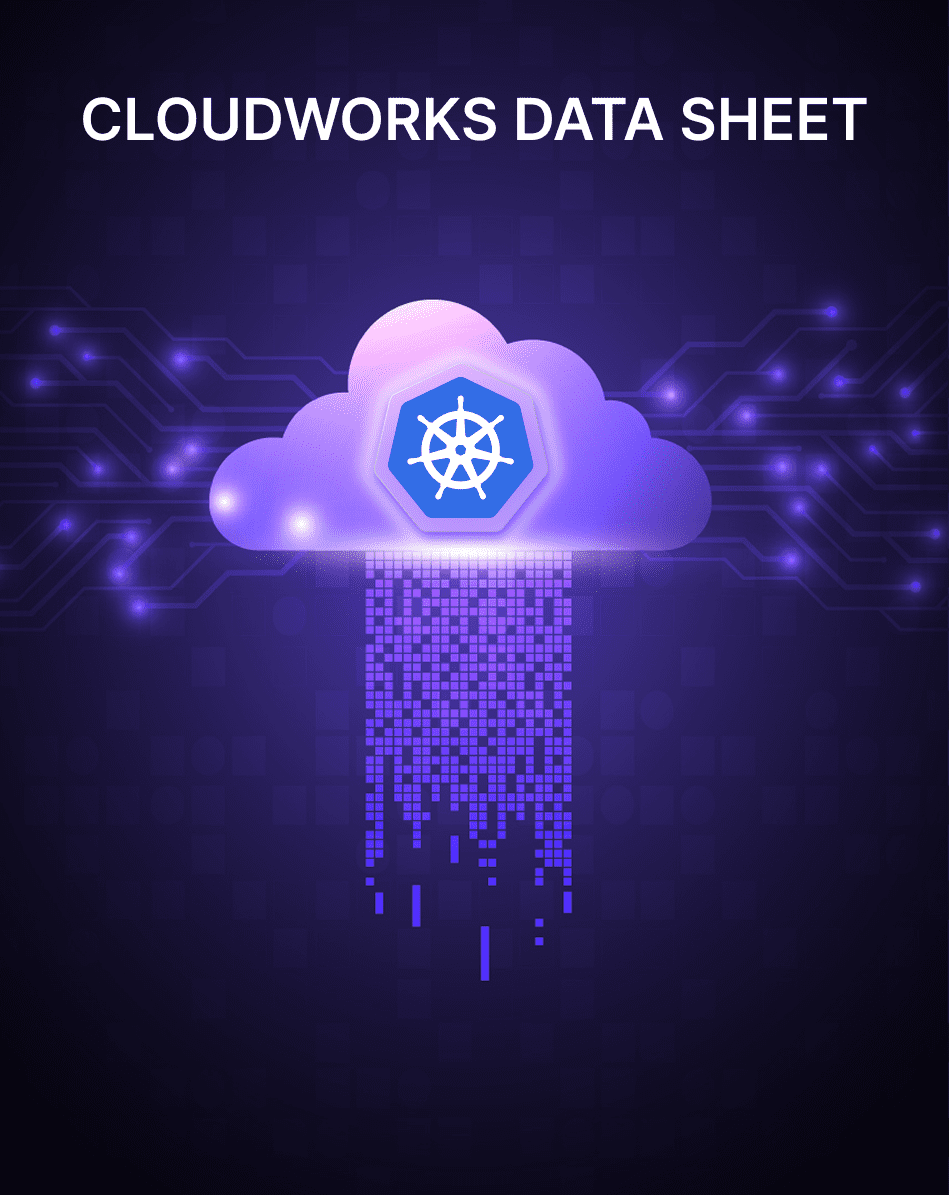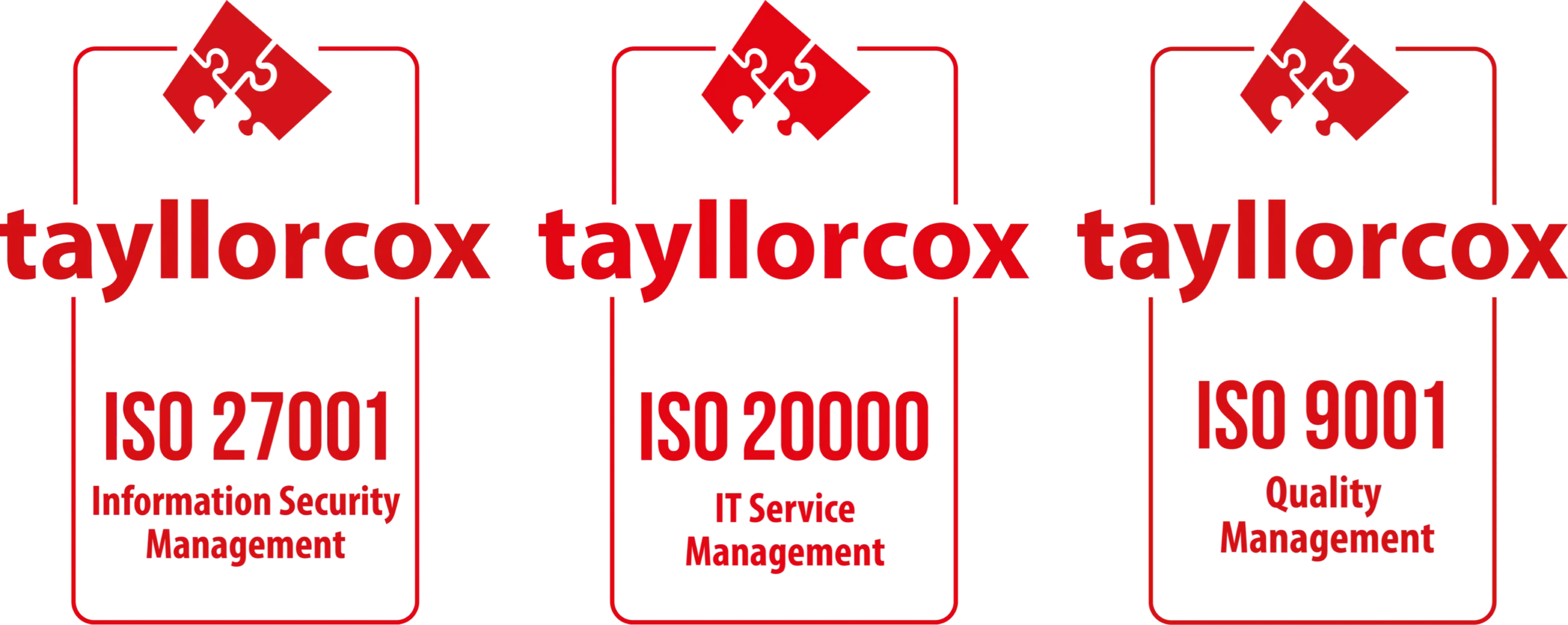Administrator’s Guide
If you are a system administrator running Ironic, this section
contains information that may help you understand how to operate and
upgrade the services.
Ironic Python Agent <drivers/ipa> Node Hardware Inspection
<inspection> Node Deployment <node-deployment> Node Cleaning
<cleaning> Node Adoption <adoption> Node Retirement
<retirement> RAID Configuration <raid> BIOS Settings
<bios> Node Rescuing <rescue> Configuring to boot from
volume <boot-from-volume> Multi-tenant Networking
<multitenancy> Port Groups <portgroups> Configuring Web or
Serial Console <console> Enabling Notifications
<notifications> Conductor Groups <conductor-groups> Upgrade
Guide <upgrade-guide> Security <security> Troubleshooting
FAQ <troubleshooting> Power Synchronization <power-sync>
Node Multi-Tenancy <node-multitenancy> Fast-Track Deployment
<fast-track> Booting a Ramdisk or an ISO <ramdisk-boot>
Hardware Burn-in <hardware-burn-in> Vendor Passthru
<vendor-passthru>
Drivers,
Hardware Types and Hardware Interfaces
drivers
Advanced Topics
Ceph Object Gateway <radosgw> Windows Images
<building-windows-images> Emitting Software Metrics
<metrics> Auditing API Traffic <api-audit-support> Service
State Reporting <gmr> Agent Token <agent-token> Deploying
without BMC Credentials <agent-power> Layer 3 or DHCP-less Ramdisk
Booting <dhcp-less> Tuning Ironic <tuning> Role Based Access
Control <secure-rbac> Deploying with Anaconda
<anaconda-deploy-interface>
deploy-steps
Dashboard Integration
A plugin for the OpenStack Dashboard (horizon) service is under
development. Documentation for that can be found within the ironic-ui
project.
Dashboard (horizon) plugin <>




